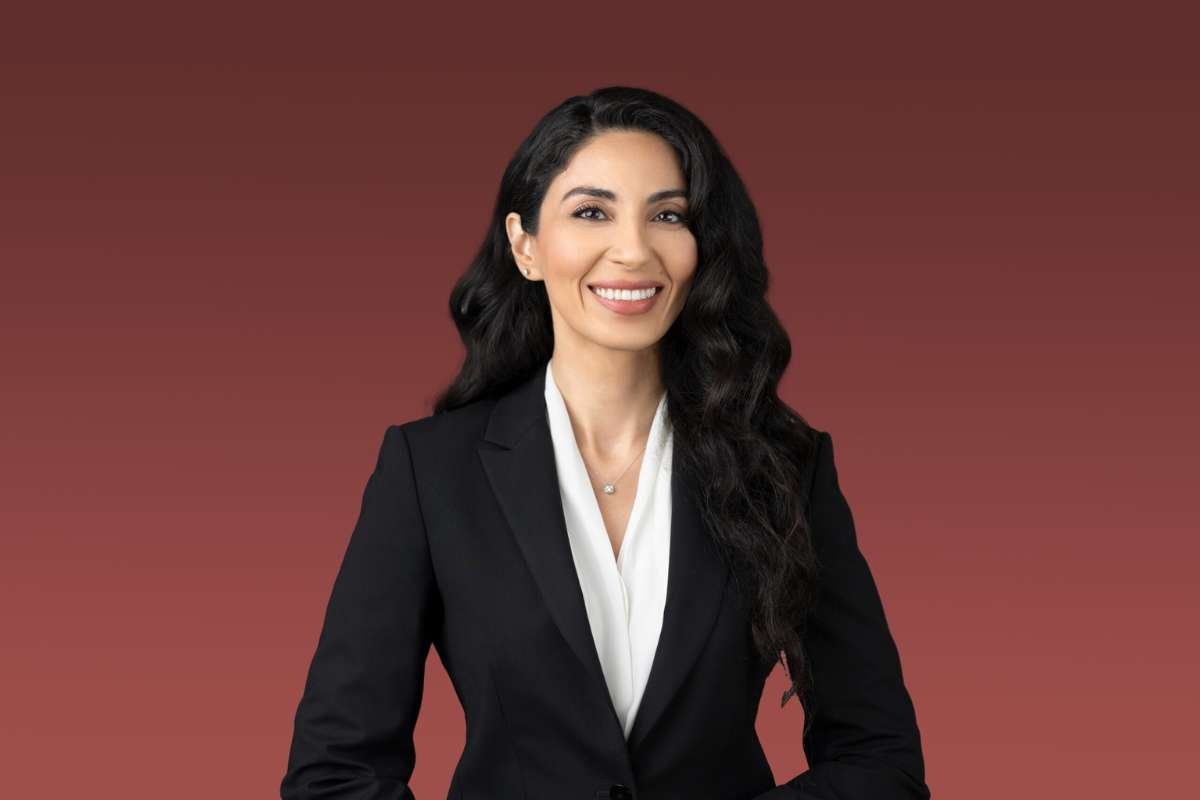Healthy relationships require balance, mutual respect, and emotional well-being. However, many people neglect the most crucial connection they have—the one with themselves. In fact, one in two women worldwide experience more self-doubt than practice self-love.
Loveswans emphasizes the importance of self-love in shaping healthier relationships and fostering emotional stability. By prioritizing yourself, you can create deeper, more fulfilling connections. Read on to discover how to focus on yourself in a relationship and become a better partner.
Loveswans Explains the Difference Between Self-Love and Self-Compassion
While self-love and self-compassion are interconnected, they are distinct concepts that shape how we treat ourselves.
- Self-love is the recognition of your worth and the practice of prioritizing your well-being. It involves believing that you deserve kindness, respect, and care—not only from others but from yourself.
- Self-compassion focuses on how we respond to personal failures and hardships. It means forgiving yourself, embracing imperfection, and treating yourself with kindness during difficult times.
To put it simply, practice self-love through self-awareness and acceptance, while self-compassion grows through forgiving and understanding your flaws. Both play a key role in fostering healthy relationships by allowing you to bring your best, most balanced self into them.
If you’re wondering how to love yourself in a relationship, Loveswans advises you to start by integrating both self-love and self-compassion into your daily life.
Why Self-Love is Essential for Healthy Relationships?
Self-love is not selfish—it is the foundation of emotional stability and strong relationships. When you value yourself, you communicate better, set boundaries, and establish trust-based connections.
Loveswans highlights that individuals with strong self-worth tend to experience more fulfilling relationships. When you practice self-love, you recognize and express your needs, reducing the risk of codependency and unhealthy patterns.
The Benefits of Self-Love in Relationships by Loveswans

Self-love improves emotional well-being and strengthens relationships. Here are five science-backed benefits of prioritizing self-love:
1. Lower Stress, Higher Resilience
Practice self-love reduces negative self-talk, helping you navigate setbacks with ease. Research shows that self-compassion can decrease symptoms of anxiety, making it easier to manage life’s challenges.
2. Greater Empathy
When you are kind to yourself, you naturally extend that kindness to others. Self-love fosters understanding and compassion, improving your emotional connection with your partner.
3. Improved Self-Efficacy
Confidence in your abilities allows you to take on challenges and set healthy boundaries. When you trust yourself, you build a relationship based on strength and independence.
4. Stronger Communication Skills
People who value themselves communicate openly and honestly. This ensures both partners feel heard, strengthening relationship dynamics.
5. Reduced Toxic Patterns
Practice self-love to prevent tolerating unhealthy relationships. When you know your worth, you won’t settle for anything less than mutual care and respect.
Signs of a Lack of Self-Love

Recognizing a lack of self-love can help you make positive changes. Loveswans identifies these common signs:
- Perfectionism and Fear of Failure: Setting unrealistic standards can lead to frustration and burnout.
- Difficulty Setting Boundaries: Saying “yes” too often can leave you emotionally drained.
- Tolerating Toxic Relationships: A lack of self-worth can make it difficult to leave unhealthy situations.
- Negative Self-Talk: Constant self-criticism lowers confidence and self-esteem.
If these resonate with you, focusing on self-love can help improve your well-being and relationships.
How to Practice Self-Love in a Relationship?
Self-love means making choices that prioritize your emotional and mental health. Here are three actionable steps to get started:
1. Set Boundaries
Boundaries are essential for self-respect and healthy relationships. Communicate your limits clearly and ensure you take time for personal needs.
2. Engage in Self-Care
Regular self-care—whether through journaling, exercising, or pursuing hobbies—reinforces your individuality and self-worth.
3. Reframe Negative Self-Talk
Shift your mindset by replacing negative thoughts with affirmations. Instead of saying, “I’m not enough,” remind yourself, “I am worthy of love and respect.”
Loveswans believes that even small efforts to practice self-love can create profound positive changes in how you perceive yourself and interact with others.
How to Be a Better Person in a Relationship?

Being a better partner starts with self-awareness and personal growth. Here are three key habits to cultivate:
1. Practice Active Listening
Listen to your partner without interruptions or judgments. This strengthens emotional intimacy and trust.
2. Communicate Openly
Honest and kind communication helps resolve conflicts and deepens connection.
3. Take Responsibility
Acknowledging mistakes and striving for improvement fosters a healthier relationship dynamic.
Self-growth doesn’t weaken your commitment to your partner—it enhances it. By improving yourself, you bring more love and authenticity into your relationship.
Self-Love in a Relationship: Final Thoughts
Embracing self-love creates a ripple effect that positively impacts all your relationships. Whether you’re figuring out how to be yourself in a relationship or learning to set boundaries, the key is to value yourself as much as you value your partner.
We hope this Loveswans review inspires you to practice self-love in relationships and start your journey today. A better you leads to a stronger and more fulfilling “us.”
What Is Loveswans?
Loveswans is an online dating platform that connects people for online communication. It allows members to explore meaningful relationships, share values, and engage with a diverse community of like-minded individuals.
This content is brought to you by Loveswans and is intended for informational purposes only. It is not a substitute for professional advice or medical treatment.






